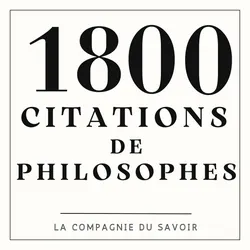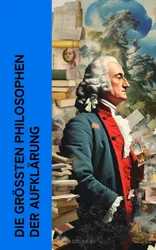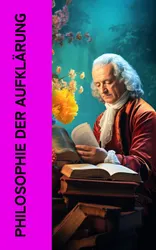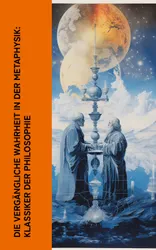Baruch Spinoza's "Ethics (Complete Edition)" presents a groundbreaking exploration of metaphysics, epistemology, and moral philosophy, rooted in a geometric method that profoundly influenced modern thought. Spinoza's work challenges traditional religious beliefs by advocating for a rational understanding of the universe, proposing that God and Nature are one and the same (Deus sive Natura). His meticulous structure, employing definitions, axioms, and propositions, mirrors the precision of mathematical proofs, marking a distinct departure from the prevalent scholasticism of his time. The text unfolds Spinoza's vision of human beings as part of the deterministic order of the universe, promoting the cultivation of reason and the pursuit of intellectual love towards God as pathways to true happiness. Baruch Spinoza, a 17th-century Dutch philosopher often regarded as one of the early contributors to the Enlightenment, faced significant personal and professional challenges due to his radical ideas and Jewish heritage. His embrace of rationalism and rejection of anthropomorphic depictions of God were informed by his background in Jewish thought and a profound engagement with Cartesian philosophy. Spinoza's commitment to intellectual freedom and ethical living laid the groundwork for modern secularism and liberal values. "Ethics (Complete Edition)" is an essential read for anyone interested in the foundations of Western philosophy. Spinoza's insights into human nature, ethics, and the divine resonate deeply within contemporary philosophical debates and offer a compelling vision for understanding existence. Readers will find themselves challenged to reconsider the nature of reality and the pursuit of personal fulfillment through reason.
Ethics (Complete Edition) : Rationalist Philosophy and Moral Reasoning in the 17th Century
Starten Sie noch heute mit diesem Buch für 0 €
- Hole dir während der Testphase vollen Zugriff auf alle Bücher in der App
- Keine Verpflichtungen, jederzeit kündbar
Autor*in:
Sprache:
Englisch
Format:

50 Meisterwerke der Philosophie : Metaphysik, Das Gastmahl, Bhagavadgita, Tractatus logico-philosophicus, Kritik der reinen Vernunft, Also sprach Zarathustra, Selbstbetrachtungen von Marcus Aurelius

Spinoza: En busca de la verdad y la felicidad [Cómic] : Tratado de la reforma del entendimiento

Comprendre Spinoza

50 citations de Spinoza

1800 Citations de philosophes

400 citations de philosophes essentiels

Traité théologico-politique : Aux origines de la laïcité moderne : comment Spinoza a révolutionné notre conception de la religion, de l'État, et de liberté de conscience

ETHIK : Deduktive Folgerungen aus dem Gedanken des Ineinsfalls von Gott und Natur

Die größten Philosophen der Aufklärung : Neues Organon, Kritik der reinen Vernunft, Der Gesellschaftsvertrag, Candide, Monadologie, Mathematische Principien der Naturlehre

Philosophie der Aufklärung : Die wichtigsten Werke von Immanuel Kant, John Locke, Rousseau, Voltaire, Denis Diderot, David Hume, Leibniz, Johann Gottfried Herder

Meisterwerke der Weltphilosophie : Das Gastmahl, Nikomachische Ethik, Also sprach Zarathustra, Utopia, Phänomenologie des Geistes, Neues Organon, Selbstbetrachtungen

Die vergängliche Wahrheit in der Metaphysik: Klassiker der Philosophie : Metaphysische Anfangsgründe der Naturwissenschaft, Träume eines Geistersehers, Grundzüge der Philosophie, Götzen-Dämmerung
